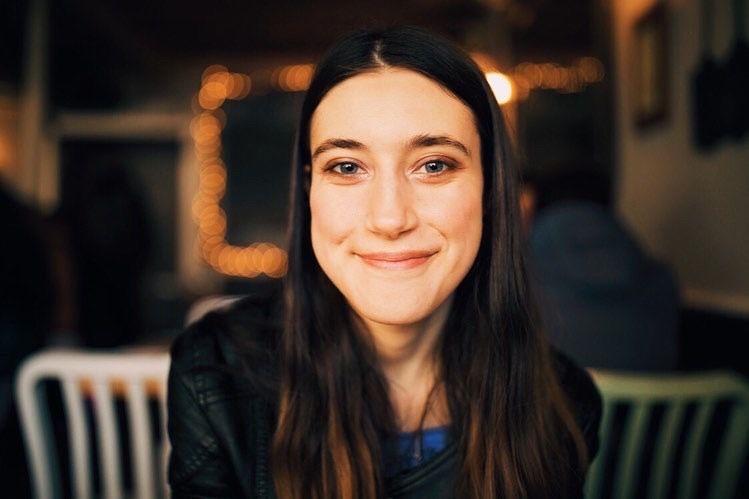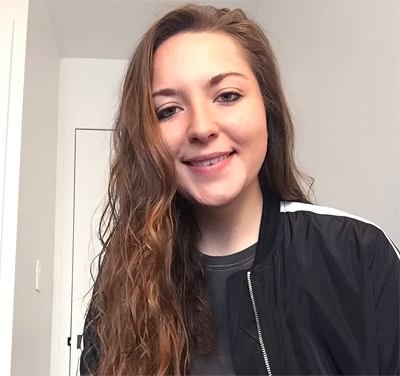For a podcast or radio host, interviewing a guest can be a challenging test of social skill. Obviously, you're not the main focus of the interview, but your presentness and judgment can determine whether the conversation goes smoothly or not. Fortunately, good interviewing isn't a talent some people are simply born with: it's an ability one can master with practice.
If you're getting ready to conduct your first radio or podcast interview with a special guest, you may be quaking in your boots trying to figure out how to structure your upcoming segment. Good questions are the key to a great interview. But what kinds of questions should you ask, and how should you ask them?
Your first time interviewing someone is always a little terrifying, but don't worry: using the tips we've compiled down below, you can orchestrate your first interview with enough confidence to get through. To structure your interview, all you need is some curiosity, organizational skills, and a willingness to let go in the moment.
Do Your Research
This is the golden rule of interviewing. The more research you do on your interview subject, the cleaner your interview questions will be. Like we've mentioned in our previous guide for conducting great interviews, research should be the place where you start when crafting your upcoming interview.
You don't want to do too much research though, as your interview questions may come across as rigid. You want your audience to learn who your guest is, after all. But it's also not a smart idea to invite someone onto your show without knowing what they do, their personality, and their accomplishments. A happy medium is key.
Thoroughly researching your interviewee can help you brainstorm interesting questions and be aware of upcoming events that lead to good talking points. For example: if you're interviewing a musician, check out their most recent songs, see if they have any live shows on the horizon, and watch their music videos if they have any. If you're having a chat with a fellow podcaster, listen to their audio show and draft some questions about certain episodes.
In this internet age, it's easier than ever to research people. You can find out more information about your guest just by doing a quick Google search and looking through their social media, blog, or website. Often times, people will post projects or events they care about onto personal online accounts, so use their excitement about something as fuel for your interview!
Additionally, if your guest is someone who has been publicly interviewed before, always make sure to listen or read through their past interviews if possible. Doing so will help you draft more original questions and lead to less "rehearsed" answers.
Have a Format
Your guest should be your first priority in an interview, but it's also important to have a sense of what you want out of the process. Having a dedicated format can aid you in structuring your questions. Here are some things you can decide beforehand so your interview is less chaotic in the moment:
-
How many questions would you like to ask your guest? Is there a certain time limit you'd like the interview to adhere to? (15 minutes, 30 minutes, an hour?)
-
Will your interview be more guest-focused, where they do most of the talking? Or rather, would you like the interview to be more conversational?
-
Is there a certain story you are trying to tell in the interview? Will your questions be centered around a certain theme, or is it more of a general interview where you're asking your guest how they are in the moment?
-
Will you be conducting the interview live or remotely? Your guest's location could affect certain questions.
Remember: every interview is different, and it's important to brief your guest about your interview's format well before you start talking into microphones. Fill them in about what you're looking for, as well as some questions that may pop up during the talk. Making sure your guest is comfortable with the process will lead to a smoother interview experience overall.
Think Like Your Audience
Does the guest you're interviewing have an active following? Maybe you have a dedicated audience, too. If so, conduct your interview as though you were one of the people tuning in. It's not a ridiculous idea to ask your listeners what kind of questions they'd want to hear. This can help you find some creative angles for the conversation. It's all about keeping your fanbase entertained.
Sure: a guest's professional life should be the main focus of your interview, but don't be afraid to pepper in some personal bits. Does your guest have a beloved pet or quirky hobby you can ask about? Maybe they just took a cool vacation to South America and everyone's wondering how it went. "Safe" questions are a great way to help your guest feel more relaxed, and could be a good way to start or end an interview.
People love relatability, so making your conversation a bit more "human" can help keep your audience focused. Just make sure you don't get too carried away with unimportant questions. And of course, be respectful of your guest's privacy!
Keep Things Upbeat, Fun, and Maybe Even Spontaneous
The content of your questions can only go so far to make your interview noteworthy. How do you keep the conversation going at a good pace? By being upbeat, fun, and a little spontaneous.
No one wants to hear 30 minutes of boring drivel in monotone voices. Keep the energy up! Sometimes it's not what you ask, but how you ask it that makes the difference. One trick several radio hosts and podcasters use these days is by starting your conversation before you press the record button. That way, you and your guest will be warmed up and in the moment when you start asking deeper stuff.
Even though you're trying to be an active listener in the interview, don't be afraid to get spontaneous and ask follow-up questions when appropriate. Your curiosity may be rewarded, and your guest's answer could lead to an interview with more depth.
If you're asking your guest a question you know they've answered a million times before, find a way to make it more probing. Skye Pillsbury of Inside Podcasting recommends the following approach:
“I try to take the questions they’ve been asked before and take them one step further. For example, ‘I’ve heard you say X, but I didn’t really get a sense of Y. Could you talk a bit more about that?' Forming your questions in this way achieves two things. First, by conveying what they’ve already said elsewhere, you immediately move the conversation into more interesting territory. And second, you’re showing your guests that you actually pay attention to what they’re doing.”
So there you have it: 4 big tips that can help with questions and interviewing. We hope this advice is easing some of that stage fright you have going into your next interview. (You've got this!) Happy broadcasting, podcasting, and interviewing!
Need some help brainstorming questions? Check out our article on Crafting Questions for Your Radio Guests.
Ready to start your own station? Contact one of our Product Consultants or visit our website today.
Discover thousands of free stations from every genre of music and talk at Live365.com. Keep up with the latest news by following us on Facebook (Live365 (Official) and Live365 Broadcasting) and Twitter (@Live365 and @Broadcast365)!
Article Image: A man in a gray shirt interviews a man in a blue shirt for a radio show. (Austin Distel via Unsplash.)


